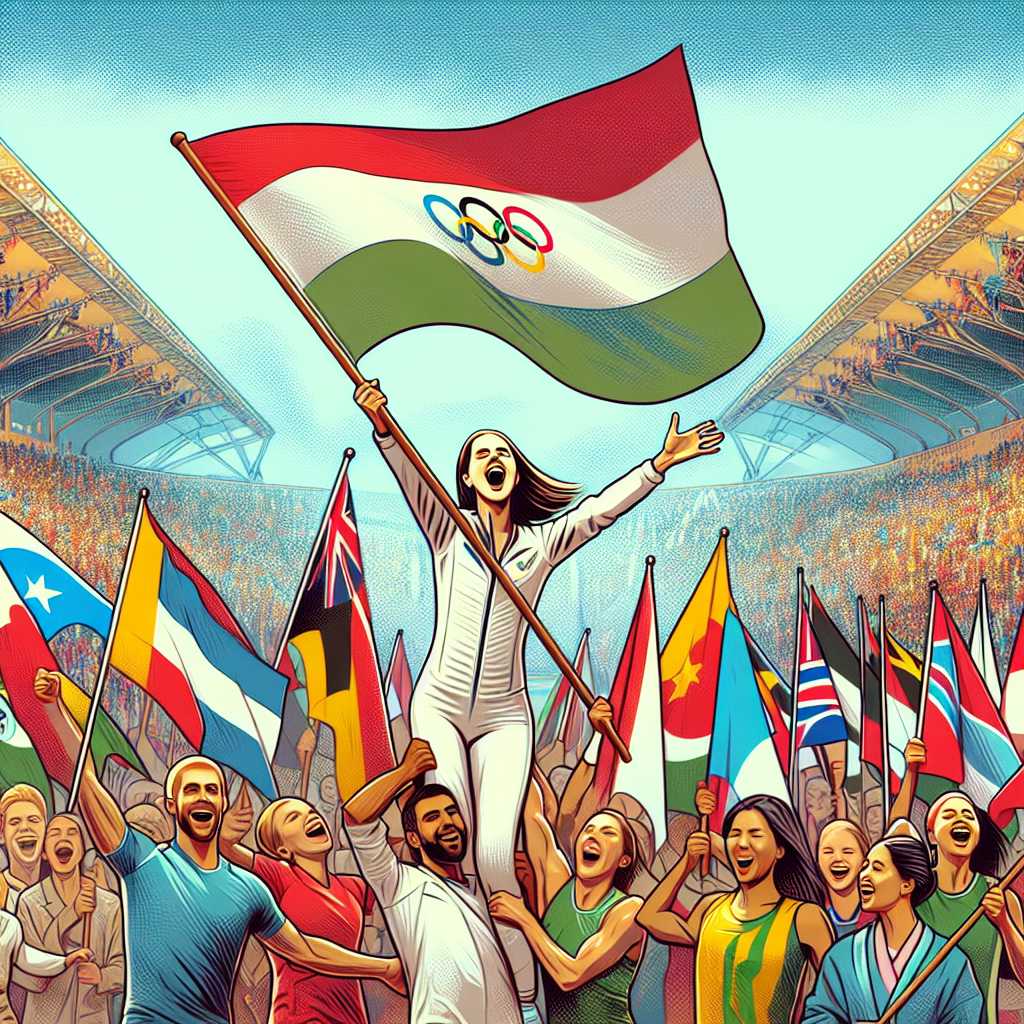Understanding the Olympics: A Global Stage for Athletic Excellence
The Olympic Games, a pinnacle of international sports competition, bring together thousands of athletes from around the world to compete in various sporting events. This event is rivaled by few others in terms of its historic roots and global engagement. Here we explore the origins, evolution, and impact of the Olympics, along with some key facts and figures that reveal the sheer scale of this global phenomenon.
Origins and Evolution of the Olympics Games
The Olympic Games have a storied history that dates back to ancient Greece. Originally held in Olympia as religious celebrations from the 8th century BC to the 4th century AD, they were revived in the modern era by Baron Pierre de Coubertin, who recognized the potential for sport to promote peace and mutual understanding. He founded the International Olympic Committee (IOC) in 1894, and two years later the first Modern Olympics were held in Athens, Greece.
Since then, the Olympics have undergone significant transformations. The number of events, participating athletes, and host countries has grown immensely. The program has evolved to include Winter Games, Paralyotics, and Youth Olympics, catering to various groups of athletes and sporting disciplines that range from track and field to snowboarding to equestrian.
Structure and Governance of the Olympic Movement
The success of the Olympic Games is orchestrated by a complex global structure. At its pinnacle sits the International Olympic Committee (IOC), responsible for deciding where the Games will take place and what sports are featured. Each host city then creates an Organizing Committee for the Olympic Games (OCOG) that works closely with the IOC to plan and run the event.
Underneath this framework are National Olympic Committees (NOCs) in each country that oversee individual athletes’ training and participation. Furthermore, International Sports Federations (IFs) govern each sport to maintain fair play and structural organization throughout the Olympic competitions.
Economic Impact and Infrastructure Development
Hosting an Olympic event can have dramatic effects on a city’s infrastructure and economy. Preparing for thousands of athletes, coaches, officials, media, and tourists necessitates massive investments in sports venues, accommodation facilities, transportation networks, and security measures.
The economic impact is varied; some host cities experience long-term benefits from improved infrastructure and increased tourism even after the Games have concluded. However, others grapple with high costs and underutilization of purpose-built facilities post-Games—a phenomenon known as “white elephants.”
Cultural Olympiad and Social Influence
Beyond athletics, the Olympics promote cultural exchange through the Cultural Olympiad—a series of arts and educational events that occurs between each Games’ Sporting events serve as a catalyst for peace-building activities, showcasing excellence and fostering diplomacy between competing nations.
Socially, the Olympics have been platforms for advocacy on global issues such as human rights, environmental conservation, and equality. Athletes have used their spotlight to make political statements or champion social causes throughout history—an indication of the power and reach that comes with being on the world stage.
Challenges For The Future
Despite its revered status, the Olympic movement has faced criticism and challenges over doping scandals, corruption within governing bodies, unsustainable spending on mega-projects associated with hosting duties, concerns over athlete welfare, and questions about how inclusive truly are given geopolitical tensions that often manifest during such gatherings.
Addressing these challenges while maintaining relevance in an ever-transforming landscape will be key for future iterations of the Games.
Notes
Conclusion
The Olympic Games continue to unite humanity through competition and camaraderie every four years. Understanding its origins, intricacies, impacts, successes, and challenges gives us insight into how they consistently capture our imaginations—providing moments that last a lifetime while forging ahead with new chapters written by unwavering athleticism at each successive gathering.
*Image description: A vibrant image capturing the joyous faces of athletes carrying various national flags during the opening ceremony of an Olympic Games with a packed stadium audience visibly blurred in the background.*

